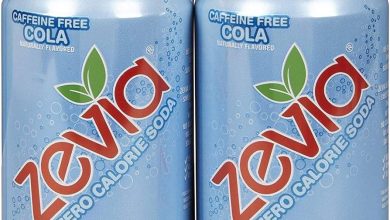Cheese Cheddar (Nonfat or Fat-Free)
Nutritional Information
| Nutrient | Amount |
|---|---|
| Energy (kcal) | 157.0 |
| Protein (g) | 32.14 |
| Total Fat (g) | 0.0 |
| Saturated Fat (g) | 0.0 |
| Carbohydrates (g) | 7.14 |
| Dietary Fiber (g) | 0.0 |
| Sugars (g) | 0.0 |
| Calcium (mg) | 893.0 |
| Iron (mg) | 0.0 |
| Magnesium (mg) | 16 |
| Phosphorus (mg) | 484.0 |
| Potassium (mg) | 66.0 |
| Sodium (mg) | 1000.0 |
| Zinc (mg) | 1.82 |
| Copper (mcg) | 0.021 |
| Manganese (mg) | 0.0 |
| Selenium (mcg) | 14.5 |
| Vitamin C (mg) | 0.0 |
| Thiamin (mg) | 0.012 |
| Riboflavin (mg) | 0.221 |
| Niacin (mg) | 0.051 |
| Vitamin B6 (mg) | 0.045 |
| Folate (mcg) | 11.0 |
| Vitamin B12 (mcg) | 0.49 |
| Vitamin A (mcg) | 60.0 |
| Vitamin E (mg) | 0.06 |
| Vitamin D2 (mcg) | 0.1 |
Allergen Information
This cheese product is generally considered safe for most individuals, however, those with a sensitivity or allergy to dairy products should exercise caution. Always consult with a healthcare professional if you have specific dietary concerns.
Dietary Preferences
Cheddar cheese (nonfat or fat-free) can be a suitable option for those looking to reduce fat intake while still enjoying a rich source of protein and calcium. It’s ideal for weight management, muscle maintenance, and offers a great flavor enhancement to various dishes.
Culinary Advice
Utilizing nonfat or fat-free cheddar cheese in your recipes can add a delightful cheesy flavor without the extra calories or fat. Incorporate it into salads, casseroles, or baked dishes for a creamy texture and savory taste. Its high protein content makes it a fantastic addition to snacks or meals for sustained energy.
Conclusion
Incorporating nonfat or fat-free cheddar cheese into your culinary repertoire allows you to enjoy the taste of cheese without compromising on dietary goals. With its impressive nutritional profile, this cheese serves as a versatile ingredient that enhances both flavor and health benefits in your meals.










